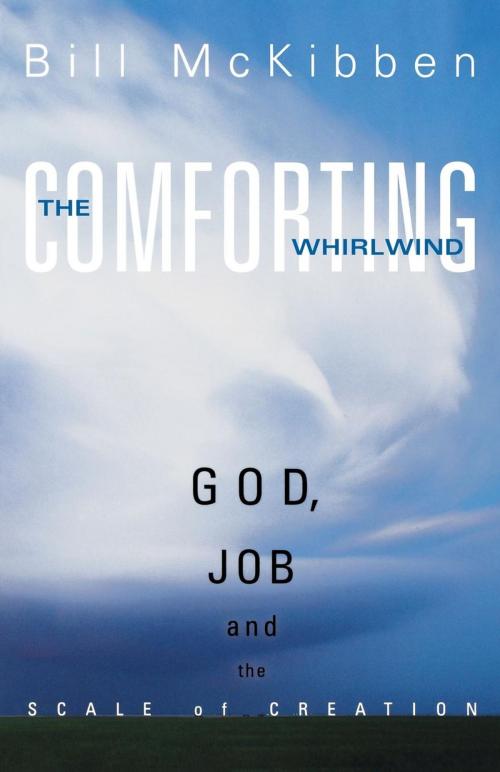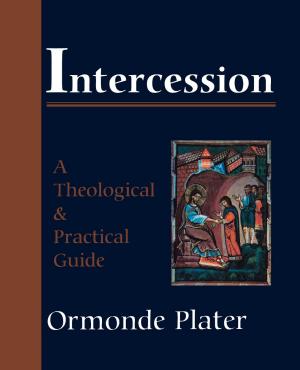The Comforting Whirlwind
God, Job, and the Scale of Creation
Nonfiction, Religion & Spirituality, Christianity, Denominations, Episcopalianism, Anglicanism, Other Practices| Author: | Bill McKibben | ISBN: | 9781461660552 |
| Publisher: | Cowley Publications | Publication: | August 25, 2005 |
| Imprint: | Cowley Publications | Language: | English |
| Author: | Bill McKibben |
| ISBN: | 9781461660552 |
| Publisher: | Cowley Publications |
| Publication: | August 25, 2005 |
| Imprint: | Cowley Publications |
| Language: | English |
In The Comforting Whirlwind, acclaimed environmentalist and writer Bill McKibben turns to the biblical book of Job and its awesome depiction of creation to demonstrate our need to embrace a bold new paradigm for living if we hope to reverse the current trend of ecological destruction.
With reference to the consequences of our poorly considered and self-centered environmental practices—global warming, ozone degradation, deforestation—McKibben combines modern science and timeless biblical wisdom to make the case that growth and economic progress are not only undesirable but deadly. If we continue to accelerate the pace of development, we will inevitably complete the “decreation” of our planet and everything on it, including ourselves.
In his signature lyrical prose, and using Stephen Mitchell's powerful translation of Job, McKibben calls readers to truly appreciate both the majesty of creation and humanity's rightful—and responsible—place in it.
In The Comforting Whirlwind, acclaimed environmentalist and writer Bill McKibben turns to the biblical book of Job and its awesome depiction of creation to demonstrate our need to embrace a bold new paradigm for living if we hope to reverse the current trend of ecological destruction.
With reference to the consequences of our poorly considered and self-centered environmental practices—global warming, ozone degradation, deforestation—McKibben combines modern science and timeless biblical wisdom to make the case that growth and economic progress are not only undesirable but deadly. If we continue to accelerate the pace of development, we will inevitably complete the “decreation” of our planet and everything on it, including ourselves.
In his signature lyrical prose, and using Stephen Mitchell's powerful translation of Job, McKibben calls readers to truly appreciate both the majesty of creation and humanity's rightful—and responsible—place in it.















